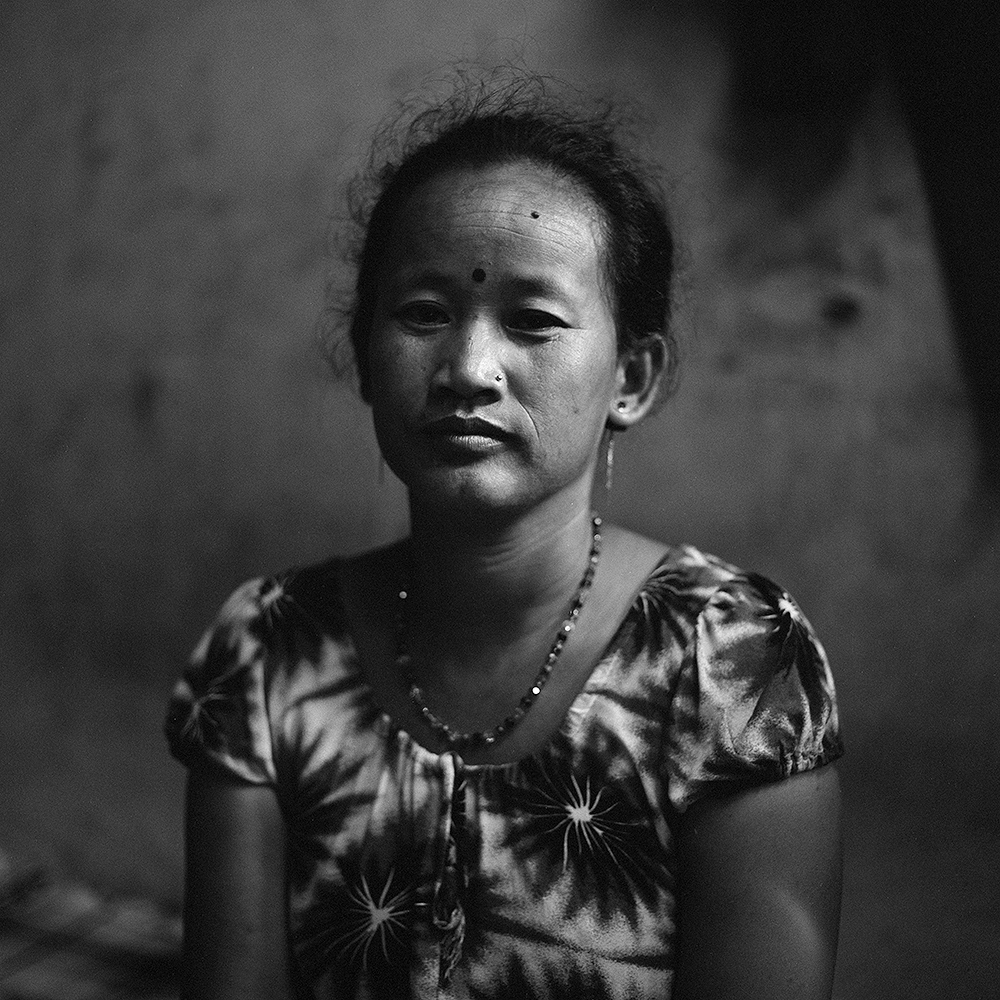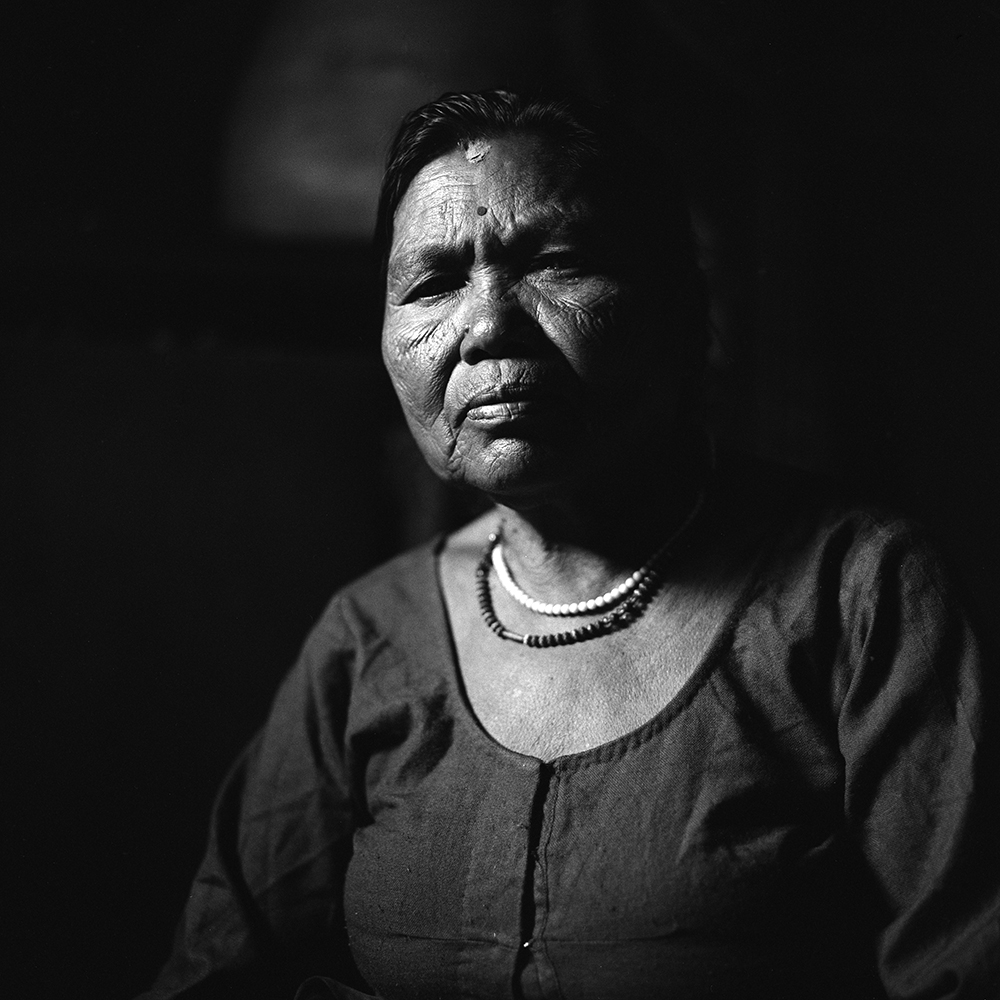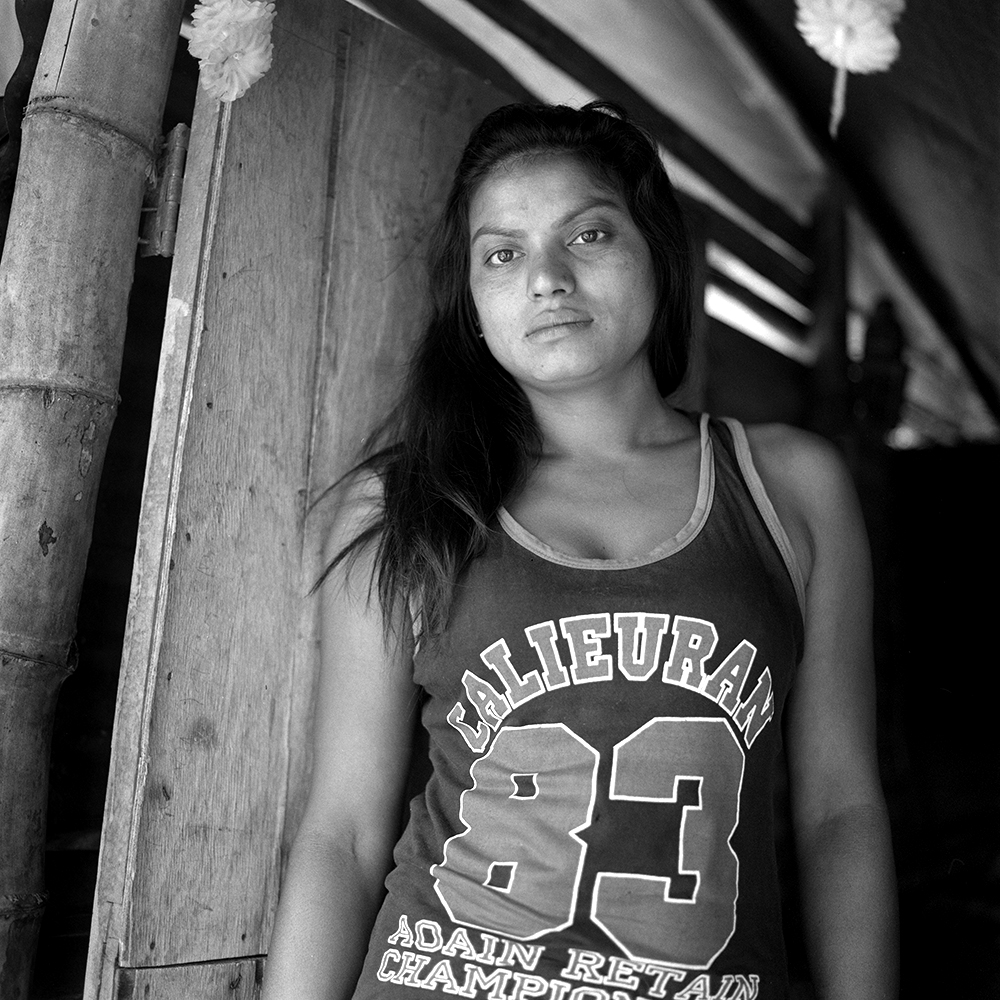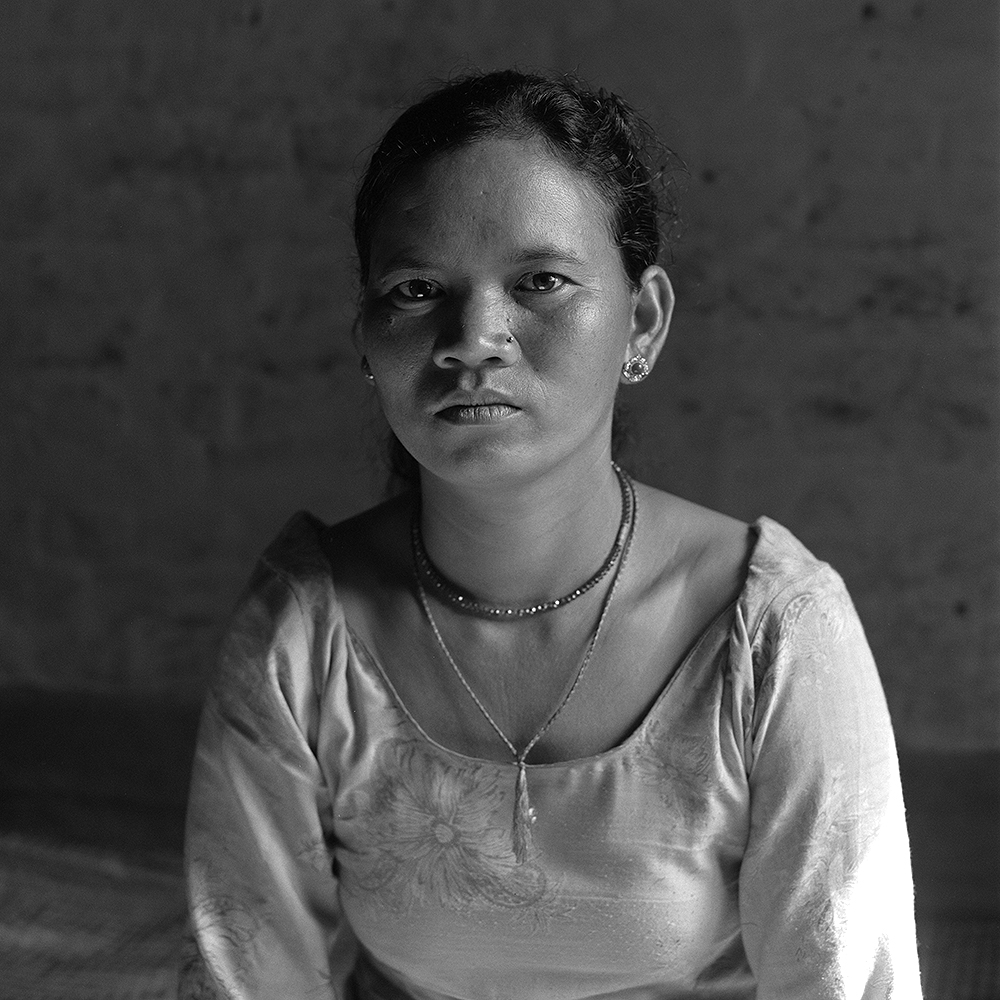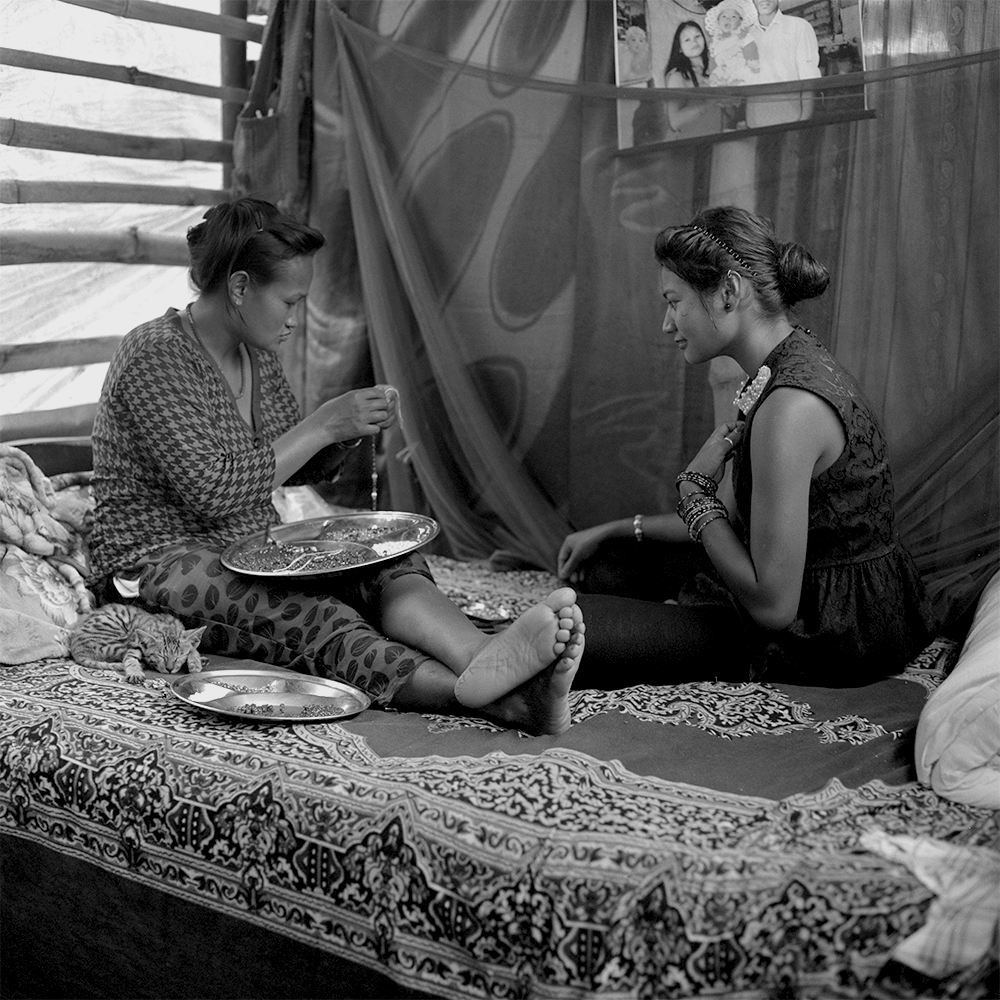honorable mention
Monica Frisell united states
title
Domestic Workers in Kathmandu, Nepal
By using analog film to photograph the domestic workers I am able to combine fine art with research and photojournalism; by merging elements of both of these aspects of photography, I am able to bring the beauty and the slow speed of fine art to the fast-paced, sometimes invasive photojournalistic field.
All images in this series are shot on film. All are silver gelatin prints.
Frisell has extensive knowledge of professional color and dark room practices, and digital photography. They work predominantly in film, using medium and large format cameras.
Notable series are ‘Dispatches from a Day’ debut zine documenting the early months of the Covid lockdown, 2020. ‘Under the Long Shadow of Sugar’ addressing the complex history and ongoing contributions to global food production by the Australian farming community of migrant workers and land owners, 2019. ‘Looking Forward, Portraits from an RV’ exhibited at Black Lab Gallery, Everett, WA and SUNY Monroe College, NY, 2017. ‘Out of the Shadows- Portraits of Domestic Workers of Nepal’ 2015-2016 exhibited at the Macquarie University, Sydney, Australia, and Australian Catholic University, Brisbane, Australia 2016.
Frisell has been published in numerous trade magazines such as Jazz Magazine, DownBeat, JazzTime, Fretboard Journal and PDN.
back to gallery
entry description
This is a selection of images from my recent trip to Kathmandu, Nepal where I spent 3 weeks interviewing and photograping domestic workers in and around the Kathmandu Valley. As the middle and upper classes grow in Nepal, so does the population of domestic workers. Domestic workers account for some 200,000 workers in Nepal. The work is difficult, often demeaning and intrinsically bound with socio-cultural norms that perpetuate discrimination against workers. The workforce is predominately female, and often acts as the main income generators for their families. They often are comprised of internal migrants that have shifted from rural villages to urban centers. The people behind closed doors that are cleaning up after children, washing dishes, doing laundry, and sweeping the floors are tenacious and powerful. In Nepal, they make up one of the largest undocumented work forces in the country. Yet domestic workers are deprived of basic rights such as government-regulated working hours and minimum wages. As a result they are vulnerable to manipulation, exploitation and, in extreme cases, modern slavery.By using analog film to photograph the domestic workers I am able to combine fine art with research and photojournalism; by merging elements of both of these aspects of photography, I am able to bring the beauty and the slow speed of fine art to the fast-paced, sometimes invasive photojournalistic field.
All images in this series are shot on film. All are silver gelatin prints.
about the photographer
Monica Jane Frisell is an itinerant community photographer. Raised in Seattle, Frisell mostly lives on the road in a customized truck/trailer combo, equipped with a dark room, and a photo lab. They are 35 years old.Frisell has extensive knowledge of professional color and dark room practices, and digital photography. They work predominantly in film, using medium and large format cameras.
Notable series are ‘Dispatches from a Day’ debut zine documenting the early months of the Covid lockdown, 2020. ‘Under the Long Shadow of Sugar’ addressing the complex history and ongoing contributions to global food production by the Australian farming community of migrant workers and land owners, 2019. ‘Looking Forward, Portraits from an RV’ exhibited at Black Lab Gallery, Everett, WA and SUNY Monroe College, NY, 2017. ‘Out of the Shadows- Portraits of Domestic Workers of Nepal’ 2015-2016 exhibited at the Macquarie University, Sydney, Australia, and Australian Catholic University, Brisbane, Australia 2016.
Frisell has been published in numerous trade magazines such as Jazz Magazine, DownBeat, JazzTime, Fretboard Journal and PDN.
back to gallery

